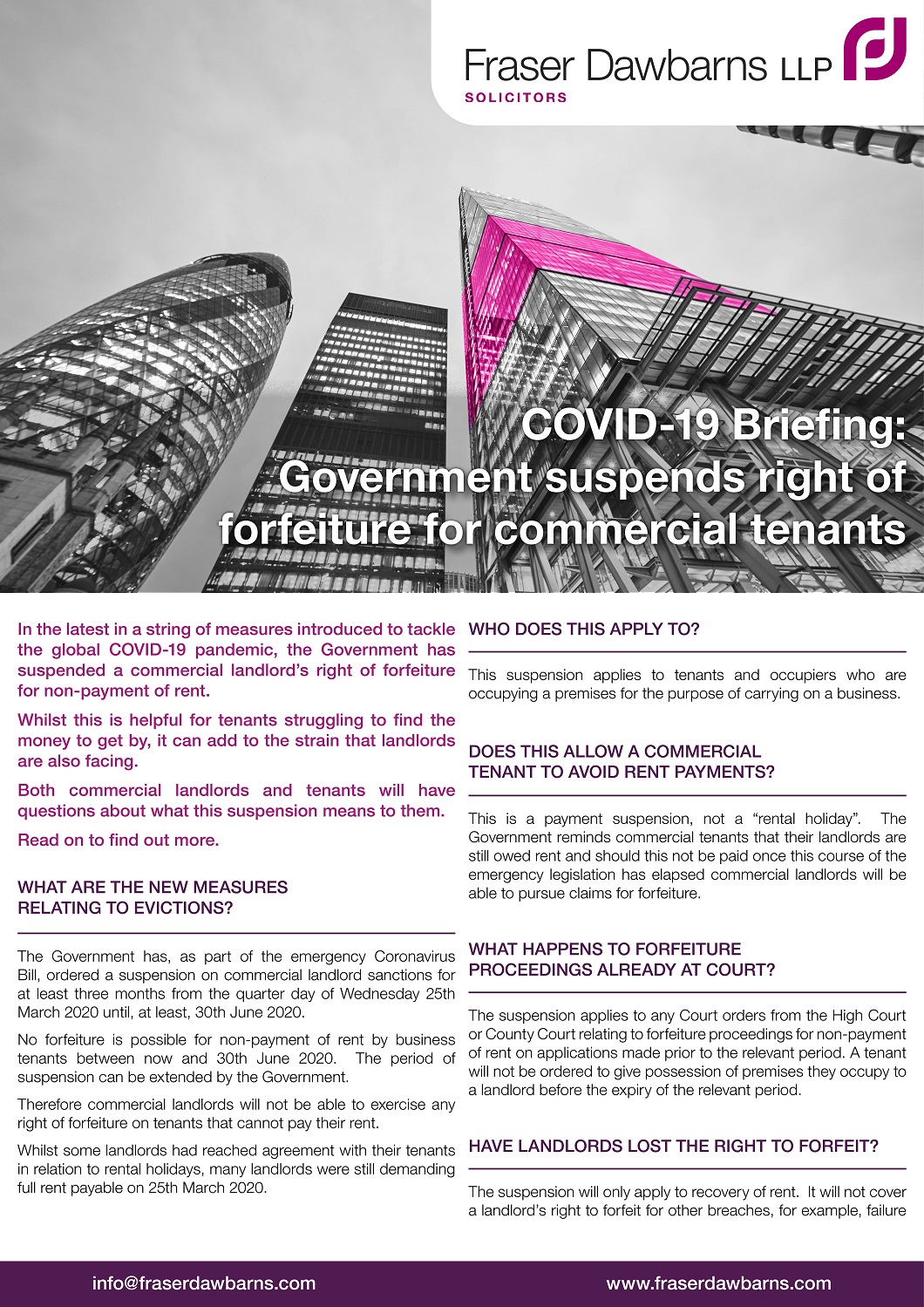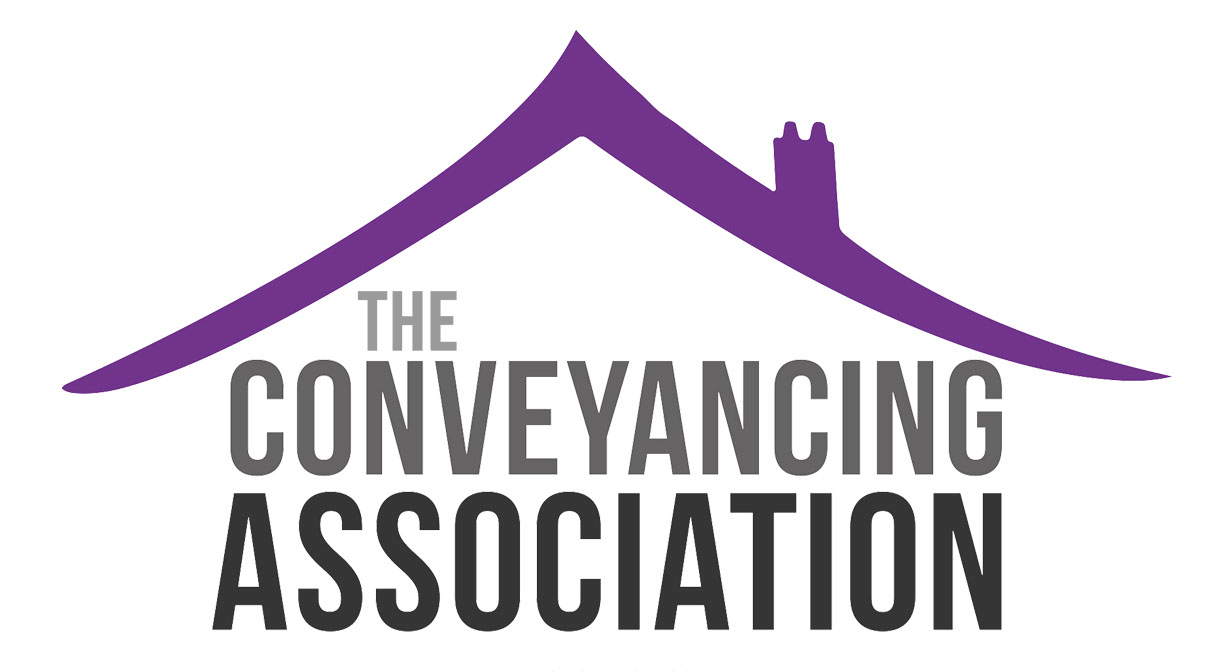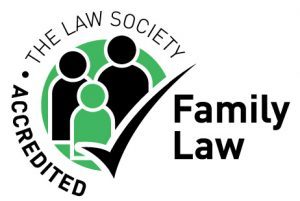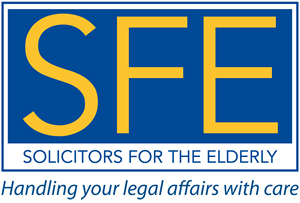COVID-19 Briefing: Rights of Forfeiture for Commercial Tenants
Update 18.06.2020: Further to this briefing, the government via Housing Minister Robert Jenrick announced on 5th June 2020 that the moratorium on all housing possession cases will be extended further by an additional 2 months as from 25th June 2020, until 25th August 2020. The move is to continue to protect both social and private tenants and those with mortgages and licences that are covered by the Protection from Eviction Act 1977.
Eviction hearing will not, therefore, be listed at court before the end of August 2020, and even when they are the government are expected to introduce measures and guidance to protect those affected by the coronavirus, such as those whom have had to isolate and shield. The Court of Appeal have confirmed that the extension will also apply to appeals concerning housing evictions.
In the latest in a string of measures introduced to tackle the global COVID-19 pandemic, the Government has suspended a commercial landlord’s right of forfeiture for non-payment of rent. Whilst this is helpful for tenants struggling to find the money to get by, it can add to the strain that landlords are also facing. Both commercial landlords and tenants will have questions about what this suspension means to them. Read on to find out more.
What Are The New Measures Relating To Forfeiture?
The Government has, as part of the emergency Coronavirus Bill, ordered a suspension on commercial landlord sanctions for at least three months from the quarter day of Wednesday 25th March 2020 until, at least, 30th June 2020. No forfeiture is possible for non-payment of rent by business tenants between now and 30th June 2020. The period of suspension can be extended by the Government.
Therefore commercial landlords will not be able to exercise any right of forfeiture on tenants that cannot pay their rent. Whilst some landlords had reached agreement with their tenants in relation to rental holidays, many landlords were still demanding full rent payable on 25th March 2020.
Who Does This Apply To?
This suspension applies to tenants and occupiers who are occupying a premises for the purpose of carrying on a business.
Does This Allow A Commercial Tenant To Avoid Rent Payments?
This is a payment suspension, not a “rental holiday”. The Government reminds commercial tenants that their landlords are still owed rent and should this not be paid once this course of the emergency legislation has elapsed commercial landlords will be able to pursue claims for forfeiture.
What Happens To Forfeiture Proceedings Already At Court?
Whilst not a frustrating or a force majeure event, contracts may provide for the parties to have the ability to review performance in circumstances where there has been a change in the law. COVID-19 has seen emergency legislation introduced by the government.
If the contract provides a change in the law, it may well allow either party to vary or renegotiate the terms or indeed provide for a method of termination.
Have Landlords Lost The Right To Forfeit?
The suspension will only apply to recovery of rent. It will not cover a landlord’s right to forfeit for other breaches, for example, failure to pay insurance instalments; other landlord-charged costs and unlawful use. The protection covers businesses in England, Wales, and Northern Ireland.
Can A Landlord Waive Their Right To Forfeit?
During the period of suspension a commercial landlord cannot waive the right to forfeit unless he does so by an express waiver in writing.
Can A Landlord Oppose A Request For A Renewal Lease Request?
In circumstances where a landlord decides to oppose a renewal lease request, they should disregard any persistent delay in paying rent during the relevant period and must not use this as grounds for opposing a renewal request from a tenant under the Landlord and Tenant Act 1954.
What Happens To Rent That Should Have Been Paid During This Three Month Period?
Whilst this removes the immediate cash flow pressure for commercial tenants for the next quarter rent day the Government has made it clear that commercial landlords and tenants should continue to negotiate and reach a solution on payment particularly when the period of suspension ends.
What Is The Advice For A Business That Has Been Forced To Close It’s Doors?
The Government has emphasised that particularly hospitality businesses and commercial landlords must work together to find suitable solutions once the COVID-19 crisis is over to enable businesses to build themselves back up in the future.
Contact Us For More Information On Commercial Tenancies Or Other Legal Disputes
For any advice in relation to your rights as either a commercial landlord or a commercial tenant during this COVID-19 crisis, please do not hesitate to contact Marcus James Chapman, Senior Associate Solicitor, Dispute Resolution Department, Fraser Dawbarns LLP, email marcuschapman@fraserdawbarns.com, telephone 01354 602880.
Peace of Mind through difficult times
In uncertain times, the only thing we can say for certain is that nothing will stay the same for long.
It is entirely possible, therefore, that new legislation will have been introduced which will mean that all or part of this briefing no longer reflects the current law.
Because of this, we ask you to consider that, although correct at time of printing, information in this sheet may no longer be up to date and it is always best practice to consult with a lawyer about anything contained in this briefing.
Our lawyers are available to help answer any of your questions about this or any other legal concern you have.
Please contact Fraser Dawbarns directly for up-to-date information on your specific circumstances.
This Guide was prepared on 30th March 2020
New laws are being introduced and current legislation is regularly being updated. Although every effort has been made to ensure that information contained in this sheet is accurate, it may no longer be current at the time of reading. We strongly recommend consulting with a lawyer about your specific circumstances.
Read our Other COVID-19 Briefings
Our COVID-19 Guides contain useful information on how the coronavirus pandemic and the lockdown have affected legal services and everyday life across the UK.
- Extension to Stay on Residential Posessions
- Could an LPA Have Helped Me During the Lockdown?
- Dispute Resolution During the Pandemic
- Force Majeure and Frustration
- Coronavirus and Business Interruption Insurance
- Winding Down the Furlough Scheme
- Child Maintenance on a Reduced Income
- Reopening the Housing Market
- Life After Furlough
- The Changing Face of Litigation
- Holding Company Meetings During Lockdown
- Recovering Debts While Under Lockdown
- Making or Amending a Will Under Lockdown
- Commercial Lasting Powers of Attorney
- The Three Month Ban on Evicting Tenants
- Child Contact and the Coronavirus Lockdown
- Guidance for Employers and Employees
Related Articles
Recommended By The Legal 500 Directory*
*We are recommended for the following practice areas: Corporate and Commercial, Debt Recovery, Employment, Personal Injury: Claimant, Agriculture and Estates, Contentious Trusts and Probate, Family, Personal Tax, Trusts and Probate & Commercial Property.
ServicesContact



















